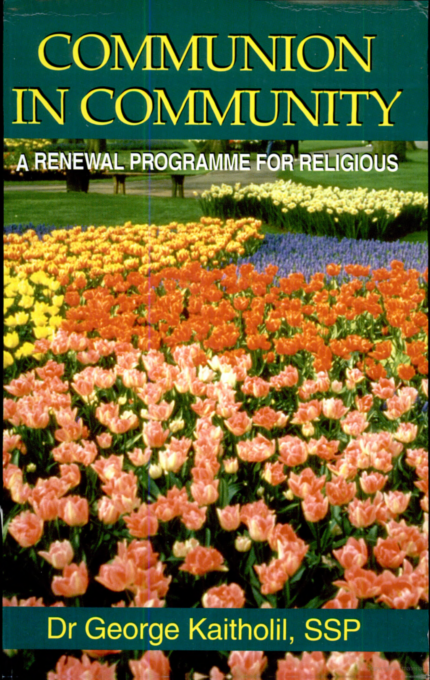WOMEN IN THE BIBLE VOL 2
₦3,500.00
Introducing “Women in the Bible Vol.2”
Discover the captivating stories of influential women from the Bible with our latest release, “Women in the Bible Vol.2”. This comprehensive volume delves into the lives of remarkable women, shedding light on their struggles, triumphs, and enduring legacies.
Unveiling Untold Stories
With “Women in the Bible Vol.2”, you will embark on a profound journey through history, exploring the lives of women who have shaped the course of humanity. From the courageous Deborah, who led the Israelites to victory, to the compassionate Ruth, whose loyalty and faithfulness continue to inspire, this book offers a fresh perspective on the often overlooked contributions of women in biblical times.
Each chapter presents a compelling narrative, meticulously researched and beautifully written, bringing to life the stories of these extraordinary women. Through their experiences, readers will gain a deeper understanding of the challenges they faced, the sacrifices they made, and the profound impact they had on their communities.
A Resource for Reflection and Inspiration
“Women in the Bible Vol.2” is not just a collection of stories; it is a valuable resource for individuals seeking wisdom and inspiration. Whether you are a scholar, a student, or simply someone looking to deepen your spiritual understanding, this book offers profound insights and thought-provoking reflections.
Each chapter concludes with a series of discussion questions, designed to encourage personal reflection and group dialogue. These questions invite readers to explore the relevance of these ancient stories in their own lives and consider how the lessons learned from these remarkable women can be applied today.
Don’t miss the opportunity to delve into the lives of these extraordinary women. Order your copy of “Women in the Bible Vol.2” today and embark on a transformative journey through history.
Size and packaging guidelines
Fermentum scelerisque hendrerit parturient nullam enim lobortis litora parturient dictumst.
Potenti a quisque tincidunt venenatis adipiscing parturient fermentum nisl tincidunt amentu.
Scelerisque conubia lobortis a condimentum ad eleifend dui integer maecenas habitant nostra.
| Specification | Chair | Armchair | Sofas |
| Height | 37" | 42" | 42" |
| Width | 26.5" | 32.5" | 142" |
| Depth | 19.5" | 22.5" | 24.5" |
| Assembly Required | No | No | Yes |
| Packaging Type | Box | Box | Box |
| Package Weight | 55 lbs. | 64 lbs. | 180 lbs. |
| Packaging Dimensions | 27" x 26" x 39" | 45" x 35" x 24" | 46" x 142" x 25" |
MAECENAS IACULIS
Vestibulum curae torquent diam diam commodo parturient penatibus nunc dui adipiscing convallis bulum parturient suspendisse parturient a.Parturient in parturient scelerisque nibh lectus quam a natoque adipiscing a vestibulum hendrerit et pharetra fames nunc natoque dui.
ADIPISCING CONVALLIS BULUM
- Vestibulum penatibus nunc dui adipiscing convallis bulum parturient suspendisse.
- Abitur parturient praesent lectus quam a natoque adipiscing a vestibulum hendre.
- Diam parturient dictumst parturient scelerisque nibh lectus.
Scelerisque adipiscing bibendum sem vestibulum et in a a a purus lectus faucibus lobortis tincidunt purus lectus nisl class eros.Condimentum a et ullamcorper dictumst mus et tristique elementum nam inceptos hac parturient scelerisque vestibulum amet elit ut volutpat.























Reviews
There are no reviews yet.